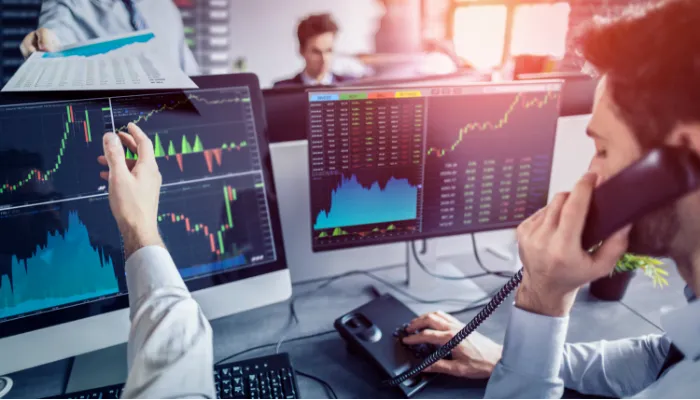People put a lot of focus on the price of assets; specifically the price of shares.
Dallas’s parents are both school teachers but also own a small cattle farm (which will explain why we’re using cows as an example for this one!)
If we need 1,000 cows to have a successful cattle business, and be able to live off the income, then we need to start building the numbers up slowly. If we start with 100 cows, and need 900 more to get to where we want to be, then we don’t want the price of the cows to go up as we are buying them.
Similarly, when we are investing in shares, or putting money into our super, this is exactly the same. When we are buying, we want those prices to be low.
Once I have my 1,000 cows, what prices do shouldn’t bother me. Shares are the same – once you own them, it really doesn’t matter what happens to the price.
If the cow example is a little too ‘farm-fetched’ for you, think about it in terms of investment property instead. When buying property, you want to buy in when prices are low. Once you have your house and it’s rented out, the incoming money (rent) is what matters – this is your income stream. What the house is worth short-term doesn’t matter – this is, the value of the house will fluctuate during the time that you own it. But that price is irrelevant – again, the same as your shares.
Unfortunately, people tend to see company prices differently. Why is that? We think it’s because of the way they are reported to you. You see it in a letter, or online, as a monetary figure – not as information about the shares. You can clearly see the numbers, and you can easily compare your opening and closing balance, as well as see the short-term fluctuation. But it isn’t the balance that’s important. What’s important is that you own those shares, and you are in the market.
If you were to compare your balance between January and June 2020, you’d see your balance going backwards in dollar terms. But what you own in shares doesn’t actually change.
We think it should be reported differently, for example: you now own 2% in x supermarket. And years later, perhaps you’ll own 5% of that supermarket. The balance shouldn’t matter, just how much you own. And when you see news reports about share prices falling, that also shouldn’t matter. What matters is strategy – that each fortnight, you are putting something in – and the return you get from dividends.
This all basically comes back to long-term thinking. We want to consider what we want to achieve in the last 10 or 15 years of our working lives. What we really need for our retirement is to accumulate an asset base for an income stream. We know prices go up and down. But why would we want prices to go up while we are still buying / investing? The answer is: we don’t.

